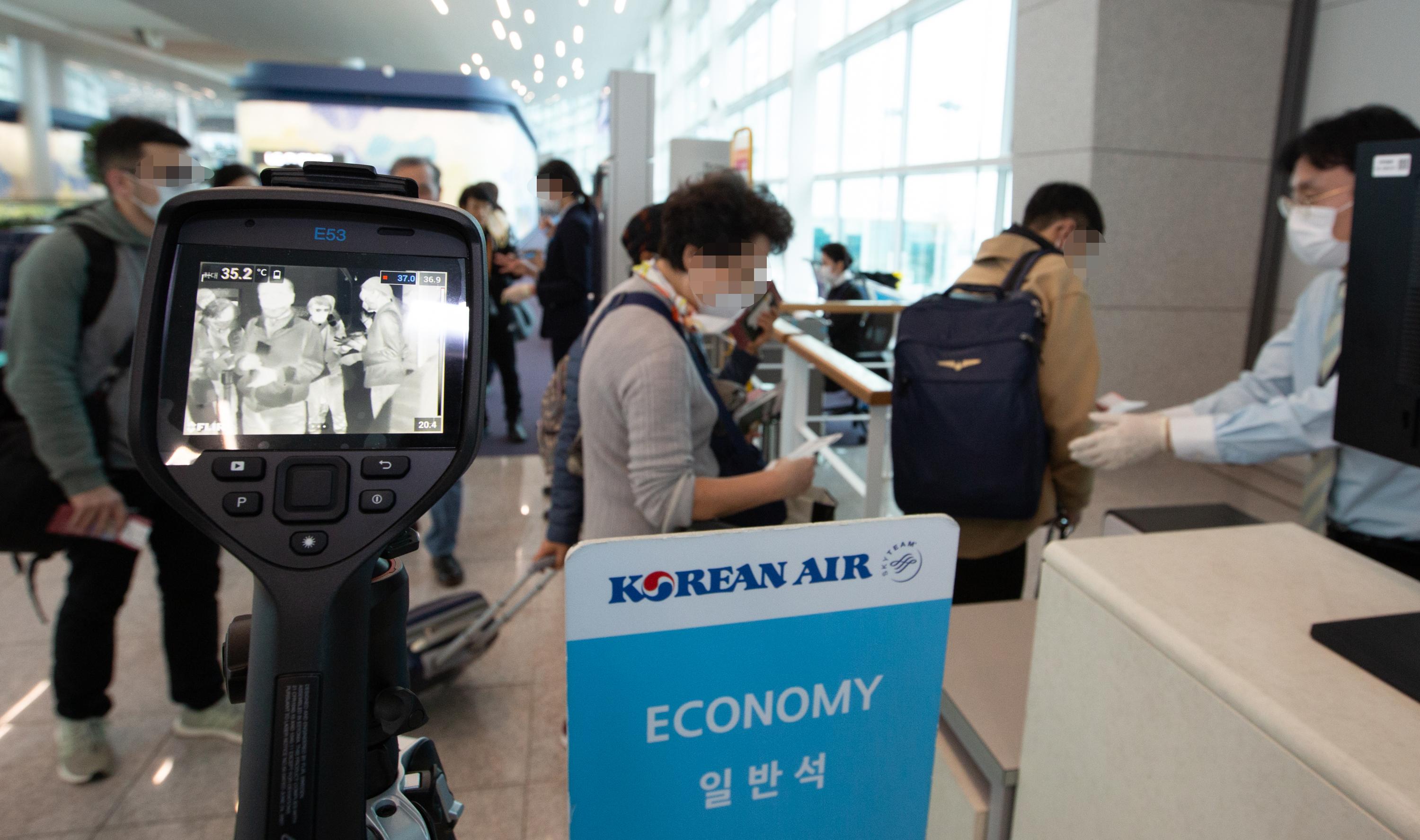
FRANKFURT—IATA is in “strong opposition” to new quarantine measures for incoming passengers, its director general and CEO Alexandre de Juniac said May 13.
“Quarantine is useless if we implement a robust [protection] system,” he said. “International travel cannot restart under such conditions. Travelers will need reassurance of common measures” that are to be taken at the departure airports.
De Juniac referred to the proposed mandatory 14-day quarantines to be introduced by Spain and UK at a time when other European countries are nearing opening their borders again.
IATA argues that a combination of measures is enough to ensure the risk of on-board COVID-19 infections is “at very low levels.” The measures include health declarations ahead of departure, temperature checks, making masks mandatory and redesigning catering processes on board.
Asymptomatic passengers that have the coronavirus would not be caught by the temperature controls or through health declarations but IATA still argues that wearing face masks in combination with the on-board air ventilation systems and virus filters reduces the risk of infection greatly. De Juniac said that offering pre-packaged meals rather than traditional service during longer flights would also reduce the chance of exposure.
IATA is also against leaving middle seats empty as there was “no health benefit” while making many flights economically unviable.
De Juniac warned that “impacts of the crisis on long-haul travel will be much more severe and of a longer duration than what is expected in domestic markets. This makes globally agreed and implemented biosecurity standards for the travel process all the more critical. We have a small window to avoid the consequences of uncoordinated unilateral measures that marked the post-9/11 period.”
He stressed that “mutual recognition of agreed measures is critical for the resumption of international travel. This is a key deliverable of the COVID-19 Aviation Recovery Task Force (CART) of the International Civil Aviation Organization (ICAO).”
“CART has a very big job to do with little time to waste. It must find an agreement among states on the measures needed to control COVID-19 as aviation restarts. And it must build confidence among governments that borders can be opened to travelers because a layered approach of measures has been properly implemented globally.”
IATA chief economist Brian Pearce expects domestic air travel to return to pre-crisis levels by 2022 while international demand will only return to these volumes by 2023 or 2024. Combined, 2019 traffic could be reached again in 2023. Given that domestic routes are shorter on average than international services, IATA also expects that revenue passenger kilometres will grow slower than passenger numbers as the industry recovers. The average trip length is to fall by 8.5% from 2020 to 2021, Pearce said.
Global RPKs are now estimated to be up to 41% below the levels expected for 2021 before the novel coronavirus crisis hit, particularly if reopening measures are delayed. If domestic markets open as expected in the third quarter, the drop would still be 32%. IATA expects growth over 2020 levels to be supported by massive economic stimulus packages introduced by many governments. And longer term, “there are still the drivers for more air services in emerging markets,” Pearce said.






Comments